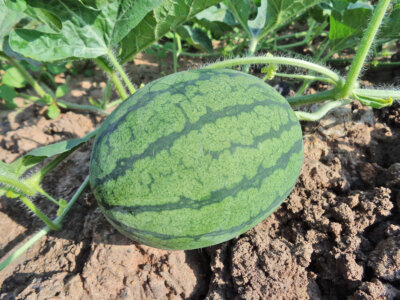More than 1,000 migrant workers critical to VT dairy
There’s no doubt that a critical thread of being stronger together in Vermont and nationwide is our relationship with our local and national food systems. Most of us are now well aware that those food systems rely on a virtual battalion of migrant workers.
In Vermont, the labor of more than 1,000 migrant workers from Latin America is key to sustaining our state’s dairy industry. Isolated in rural settings, these workers often go unnoticed and struggle to access even the most basic community resources which most of the rest of us can take for granted.
In Vermont, even with scores of dairy farms closing their doors, we still provide as much as 60 percent of all the milk in New England. But in order to produce the milk we drink and the cheese we love, cows have to be milked every 12 hours. This daily cycle can blast off at an alarm-rattling 5 a.m., only to repeat all over again at 5 p.m. In between milkings are feedings, vet treatments, manure management, equipment repair and crop planting and harvesting. On dairy farms of all sizes this is a 365-day-a-year chase.
According to the VT Farmworker Solidarity Project:
- Approximately half of Vermont’s milk comes from the labor of undocumented workers, and the Vermont farmers who employ these migrant workers consistently state they could not survive without them.
- Vermont’s migrant farmworkers do pay taxes, not only federal and state income taxes, but also social security taxes and sales taxes from which they will never receive any direct benefits. Yet, there is no available legal path for undocumented immigrants to work on Vermont dairy farms.
Burlington-based Migrant Justice’s heroic work in support of Vermont’s farmworker community continues and includes the decade-long Milk with Dignity program, as well as ongoing robust activism. Another example of support is the state’s Vermont Migrant Education Program, which provides a bridge connecting farm workers and their children to various educational, community and health services.
Right next door to us, Addison County activists work to support migrant farmers with a strong network that includes the Open Door Clinic and a Farmworker Housing Repair Program. The Champlain Valley Unitarian Universalist Society in Middlebury works with other groups to try to meet migrants’ language, legal, banking, shopping, transportation, health and housing needs.
The Charlotte Grange supports and believes in these programs and others that are led with humanity, dignity and integrity. It’s part of our mission to honor our agricultural roots and help build a resilient future for all.
We’d like to invite everyone reading this to join us in a clothing drive for local migrant farmworkers. For the second year, we are working with our friends at Addison Allies to round up clothing here in Charlotte. Since 2018 the Addison Allies Network has worked to build an inclusive, stronger and more diverse community by providing services and social integration for both migrant farmworkers and immigrants living in Addison County.
The clothing drive will be held Oct. 12 and 15, 8-10 a.m. each day, with clothing drop-offs at the Charlotte Grange Hall at 2858 Spear Street. Specific needs will be posted on Front Porch Forum and at the Charlotte Grange’s website. To learn more about the clothing drive, to volunteer to help or to learn more about the organizations mentioned in this piece, visit charlottegrange.org.
We hope you can help us work in support of these workers who help keep Vermont’s farms growing and milk flowing. We’re already saying “thank you.”
For information on this and other programs of Charlotte Grange, see charlottegrange.org.
Related Stories
Popular Stories
If you enjoy The Charlotte News, please consider making a donation. Your gift will help us produce more stories like this. The majority of our budget comes from charitable contributions. Your gift helps sustain The Charlotte News, keeping it a free service for everyone in town. Thank you.
Andrew Zehner, Board Chair








